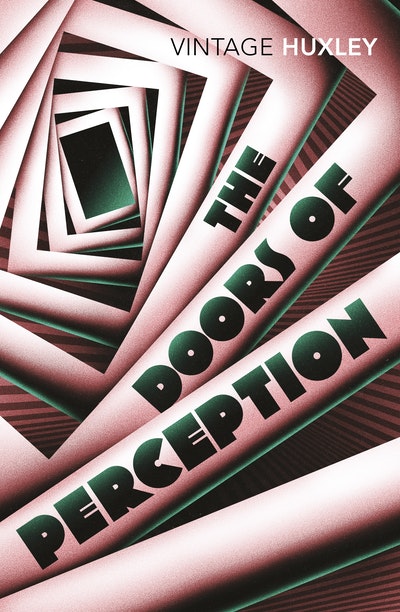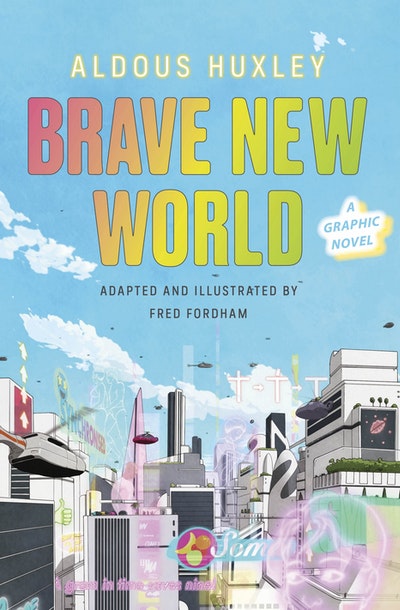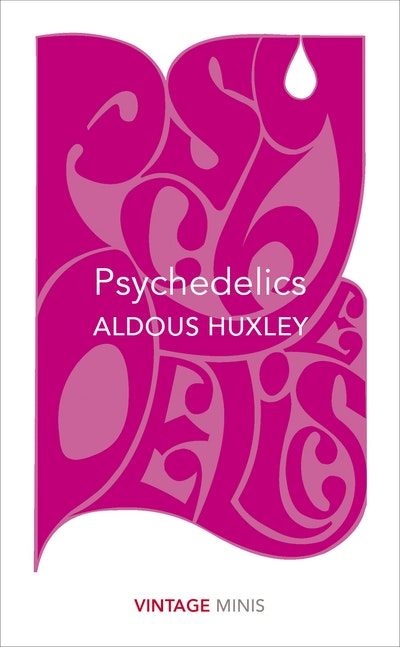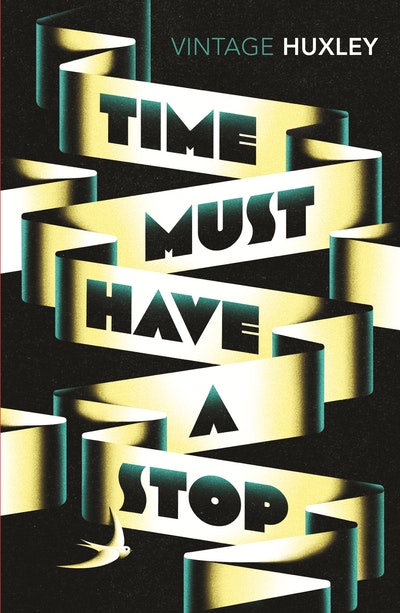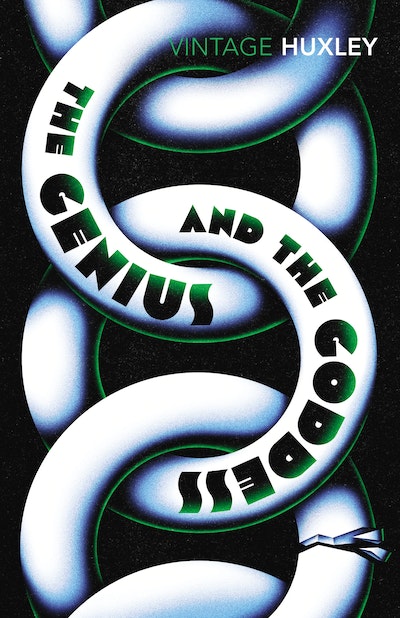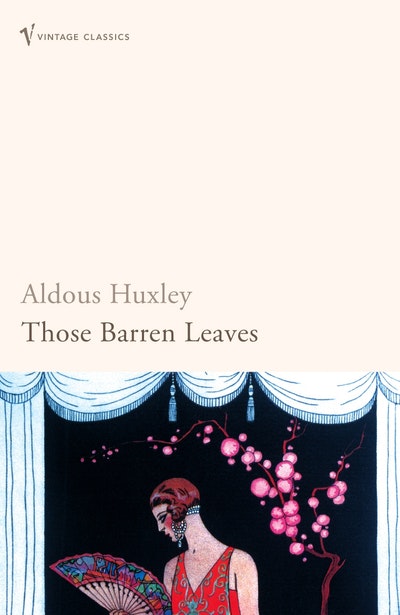[]
After Many a Summer
Formats & editions
Buy from…
- Published: 3 September 2015
- ISBN: 9781473521766
- Imprint: Vintage Digital
- Format: EBook
- Pages: 336
A highly sensational plot that will keep astonishing you to practically the final sentence
New Yorker
Mr. Huxley's elegant mockery, his cruel aptness of phrase, the revelations and the ingenious surprises he springs on the reader are those of a master craftsman; Mr. Huxley is at the top of his form
Times Literary Supplement
This is Mr. Huxley's Hollywood novel, and you might expect it to be fantastic, extravagant, crazy and preposterous. It is all that, and heaven and hell too....It is the kind of novel that he is particularly the master of, where the most extraordinary and fortuitous events are followed by contemplative little essays on the meaning of life....The story is outrageously good
New York Times




